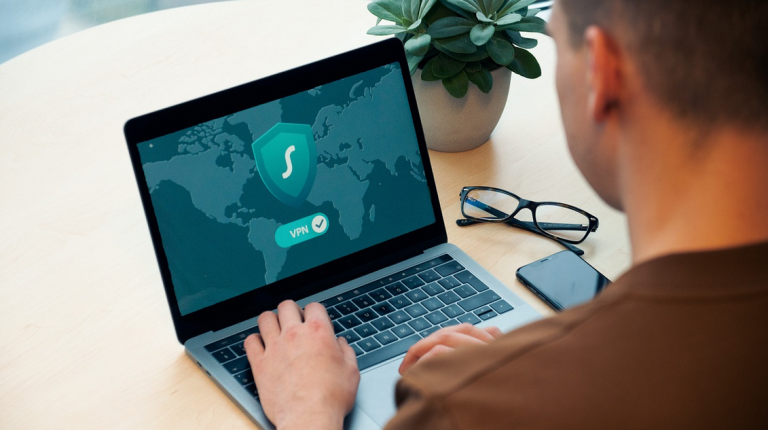Identity theft is a real issue in the world, and with the increasing number of us who use the online world for our livelihoods, it is no surprise that now and again we can face some real risks. There are a lot of ways that people can steal personal information from you both on and offline, which is why today we are taking a deep look into some top tips you can use this year.
From distinguishing good bots and bad bots online using a bot management system to ensuring your passwords are airtight, here are some of the best ways to protect your data and identity online.
Shred-it all
Whenever you get a receipt, bill, bank statement, or anything which has account details on it; don’t simply throw it into the recycling with everything else. As disgusting as it might sound, there are people out there who will look in bins for this information and use it to steal information and make money from your data. It is important that whenever you want to discard something like this that you shred it, or even place it into your compost bin to decompose!
Secure Your Documents
If you have a lot of different documents on your computer and you want to keep them safe and secure, it is important for you to be able to secure them from anyone other than yourself. You can use identity verification, and there are also some tricks on windows you can use. If you have items such as tax returns and financial information you can add a password to the file so that no one but you is able to access it.
Vamp up your Passwords
Passwords should be one of the first measures you take when securing your own identity and data online, and in a world of social media and google searches your birthday simply won’t do. The best kind of passwords you can make are two or three random words strung together with 2 numbers at the end. Or if you don’t have the imagination to come up with these kinds of passwords, you can also use a password generator.
Never give out information
One of the things which hackers have become increasingly good at over the last few years is to fool us into thinking that there is a company to be trusted. For example, it could be a hacker pretending to be your Apple account or amazon account, and often they will send an email telling you that your security has been breached, and in order to stop it you will have to enter your account details. Never EVER click a link that asks you to do this because it is a clever ruse to get you to enter your details. Never give your passwords online or over the phone, because real banks and companies would never ask you to do that.
Don’t Be Fooled
If you ever have an issue with your computer, you might want to call up an IT expert for advice to help you solve the issue. However, make sure that if someone is on the phone with you and asks for remote access to your machine that you don’t let them have it. Remote access is a way for people to use your computer when they aren’t in the room and this can allow them access to all of your personal files and data.
